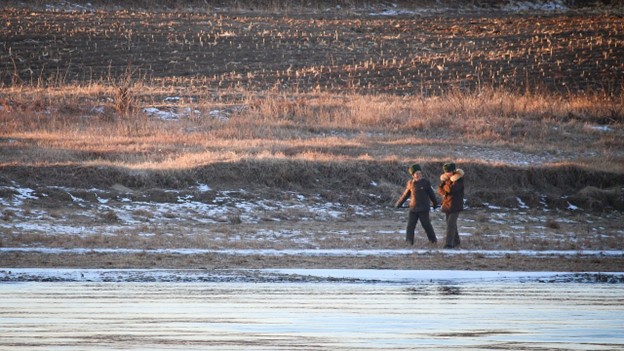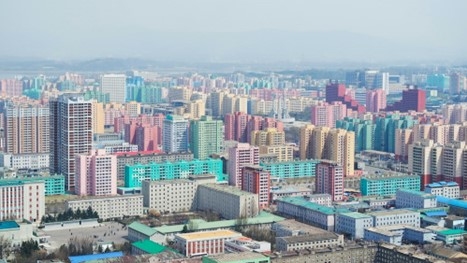Event
International Symposium on Risk and Resilience Management in Socio-ecological Systems

Dr. Bernhard Seliger, Representative of the Hanns Seidel Foundation Korea, participated in the symposium "International Risk/Resilience Management in Socio-ecological Systems" at the Institute of Environmental Science and Ecological Engineering of the Korea University. In his presentation titled "Wetlands and Forests for Ecological Resilience in North Korea," Dr. Seliger emphasized the importance of ecological resilience. Using the example of the Democratic People's Republic of Korea (DPRK), he illustrated the consequences of climate change and extreme weather conditions, such as floods, flash floods, droughts, and river desiccation. He identified the primary cause as the lack of resilience to weather extremes, particularly due to extensive deforestation, which deprives the soil of the necessary stability and resistance to absorb and store excess water.
Dr. Seliger, however, emphasized that the government of the DPRK has already taken initial successful steps to strengthen resilience to natural disasters. These include regular campaigns to raise awareness of weather extremes among the rural and urban populations, as well as the development of an emergency action plan. Although these measures have led to an increase in food and material donations, the successful implementation of emergency plans still proves problematic.

One of the most crucial measures, however, is the reforestation of the country's forests. Despite challenges posed by the high wood consumption for winter heating by the population, some milestones have already been achieved. The government in Pyongyang, in cooperation with international experts, including HSS-Korea, pursues an action package that encompasses broader awareness campaigns, enhanced international cooperation, the protection of wetlands, and the elimination of risk factors.
Whether reforestation in the DPRK will be successful remains to be seen. However, successful measures in the field of ecological resilience are of central importance for the entire Northeast Asia region. Particularly for the Korean Peninsula, promoting this resilience offers the opportunity to mitigate the impacts of environmental disasters. Overall, the engagement of the DPRK in this area is positively evaluated and could lead to deeper ecological cooperation in the long run.
